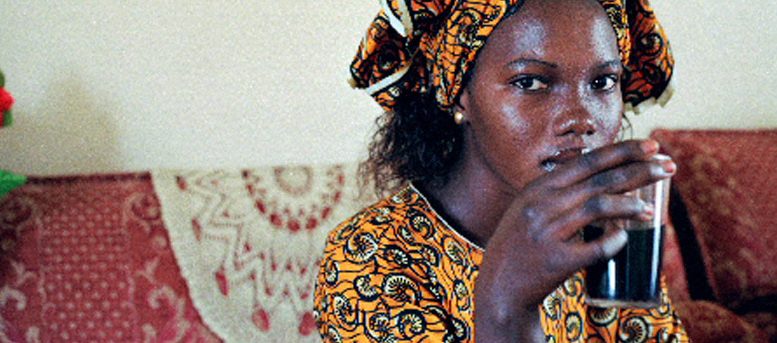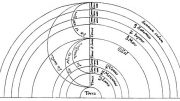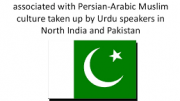Western historians and commentators generally trace the beginnings of globalization to the second half of the 20th century. However, globalization is neither a very recent nor an absolutely unique phenomenon. The distinguished economist and Nobel Laureate Amartya Sen argues that globalization’s history spans several centuries and that the active agents of globalization have sometimes been located quite far from the West. He points out that around 1000 AD, some of the most important technological inventions and innovations such as the clock, magnetic compass, paper, printing, gunpowder and the wheelbarrow were invented by the Chinese and subsequently spread across the world, including Europe.
 Three points about the genesis and antecedents of globalization are note-worthy. First, one needs to look at globalization not as an isolated phenomenon that emerged in the West in recent times, but as the outcome of historical, social and cultural processes that took place in many non-Western contexts and that preceded contemporary globalization by many centuries. In other words, we should look at globalization from the perspective of social and cultural history and as the product of a process of cumulative progress and development. Second, a distinction needs to be drawn between contemporary globalization and proto-globalization or incipient globalization. Third, the current discourse on globalization, which is manifestly Eurocentric or West-centric, needs to be deconstructed and decentred.
Three points about the genesis and antecedents of globalization are note-worthy. First, one needs to look at globalization not as an isolated phenomenon that emerged in the West in recent times, but as the outcome of historical, social and cultural processes that took place in many non-Western contexts and that preceded contemporary globalization by many centuries. In other words, we should look at globalization from the perspective of social and cultural history and as the product of a process of cumulative progress and development. Second, a distinction needs to be drawn between contemporary globalization and proto-globalization or incipient globalization. Third, the current discourse on globalization, which is manifestly Eurocentric or West-centric, needs to be deconstructed and decentred.
Some historians, like A. G. Hopkins and Christopher Bayly, have used the term proto-globalization to describe the phase of increasing trade links and cultural exchanges that characterized the period from 1600 to 1800, which preceded modern globalization. It may be pointed out that the span of proto-globalization or incipient globalization needs to be extended beyond the 17th century. Proto-globalization or incipient globalization should not be looked upon as merely an earlier phase of globalization, but as an important precursor or forerunner of globalization which significantly impacted processes and linkages that have become a hallmark of contemporary globalization.





Be the first to comment on "Coffee A Shared Legacy of Muslim Culture"